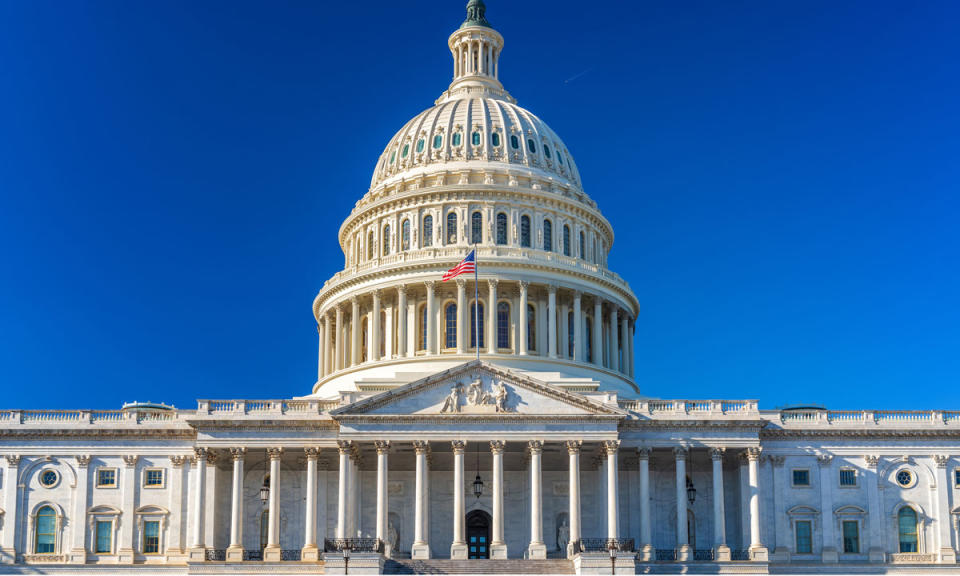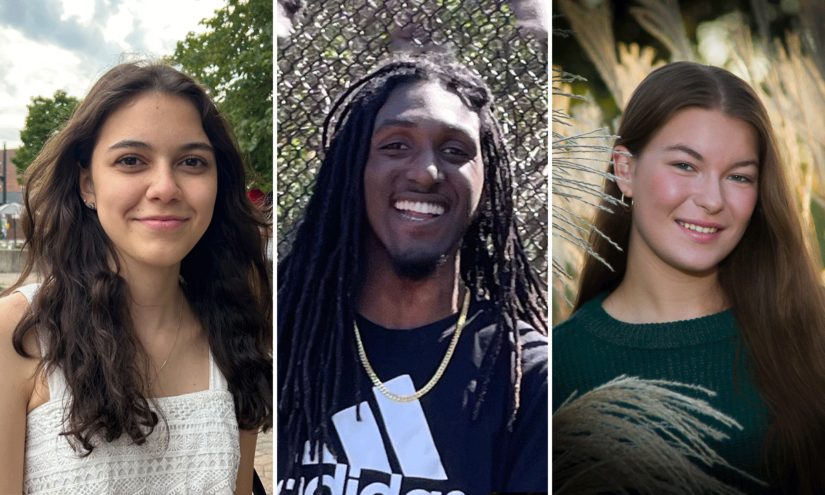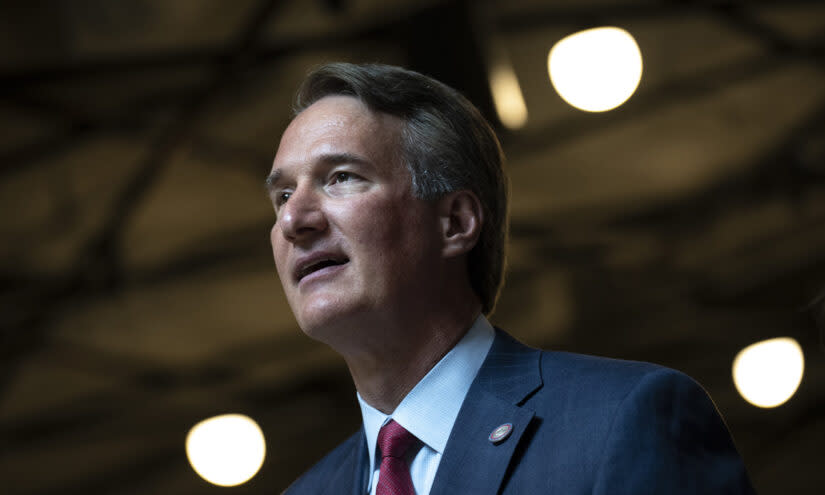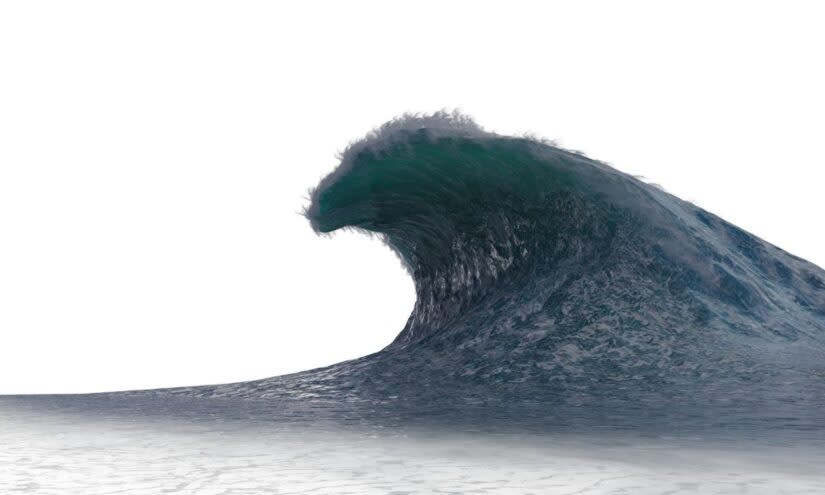Opinion: Learning Loss, AI and the Future of Education: Our 24 Most-Read Essays of 2023

Some of America’s biggest names in education tackled some of the thorniest issues facing the country’s schools on the op-ed pages of The 74 this year, expressing their concerns about continuing COVID-driven deficits among students and the future of education overall. There were some grim predictions, but also reasons for hope. Here are some of the most read, most incisive and most controversial essays we published in 2023.

David Steiner
America’s Education System Is a Mess, and Students Are Paying the Price
COVID-19, the legacy of race-based redlining, the lack of support for health care, child care and parental leave, and other social and economic policies have taken a terrible toll on student learning. But the fundamental cause of poor outcomes, writes contributor David Steiner of the Johns Hopkins Institute for Education Policy, is that policy leaders have eroded the instructional core and designed our education system for failure. As we have sown, so shall we reap. The challenges and rewards of learning are being washed away, and students are desperately the worse for the mess we have made. Read More

Margaret Raymond
The Terrible Truth — Current Solutions to COVID Learning Loss Are Doomed to Fail
Despite well-intended and rapid responses to COVID learning loss, solutions such as tutoring or summer school are doomed to fail, says contributor Margaret (Macke) Raymond of the Center for Research on Education Outcomes at Stanford University. How do we know? CREDO researchers looked at learning patterns for students at three levels of achievement in 16 states and found that even with five extra years of education, only about 75% will be at grade level by high school graduation. No school can offer that much. It is time to decide whether to make necessary changes or continue to support a system that will almost certainly fail. Read More

Mark Schneider
The Future is STEM — But Without Enough Students, the U.S. Will Be Left Behind
America no longer produces the most science and engineering research publications, patents or natural-science Ph.D.s, and these trends are unlikely to change anytime soon. The problem isn’t a lack of universities to train future scientists or an economy incapable of encouraging innovation. Rather, says contributor Mark Schneider of the Institute of Education Sciences, it originates much earlier in the supply chain, in elementary school. Congress has a chance to help turn this around, by passing the New Essential Education Discoveries (NEED) Act. Read More

John Bailey
The Promise of Personalized Learning Never Delivered. Today’s AI Is Different
Educators often encounter lofty promises of technology revolutionizing learning, only to find reality fails to meet expectations. But based on his experiences with the new generation of artificial intelligence tools, contributor John Bailey believes society may be in the early stages of a transformative moment. This may very well usher in an era of individualized learning, empowering all students to realize their full potential and fostering a more equitable and effective educational experience. Read his four reasons why this generation of AI tools is likely to succeed where other technologies have failed. Read More

Chad Aldeman
Interactive — With More Teachers & Fewer Students, Districts Are Set up for Financial Trouble
To understand the teacher labor market, you have to hold two competing narratives in your head. On one hand, teacher turnover hit new highs, morale is low and schools are facing shortages. At the same time, public schools employ more teachers than before COVID, while serving 1.9 million fewer students. Student-teacher ratios are near all-time lows. Contributor Chad Aldeman and Eamonn Fitzmaurice, The 74’s art and technology director, plotted these changes on an exclusive, interactive map — and explain how they’re putting districts in financial peril. View the Map
Fascinating, right? But these are only the tip of the iceberg. Here’s a roundup of some of the hottest topics our op-ed contributors tackled, and what they had to say:
Future of High School
Credit Hours Are a Relic of the Past. How States Must Disrupt High School — Now
Russlynn Ali & Timothy Knowles
Back to School — 6 Tips from Students on How to Make High School Relevant
Beth Fertig
I Changed My Shoes, and It Revolutionized How I Was Able to Rethink High School
William Blake
Fiscal Cliff & School Funding
The 50 Very Different States of American Public Education
Chad Aldeman
It’s Time to Start Preparing Now for School Closures that Are Coming
Timothy Daly
Educators, Beware: As Budget Cuts Loom, Now Is NOT the Time to Quit Your Job
Katherine Silberstein & Marguerite Roza
Schools Could Lose 136,000 Teaching Jobs When Federal COVID Funds Run Out
Chad Aldeman
Artificial Intelligence
Artificial Intelligence Will Not Transform K-12 Education Without Changes to ‘the Grammar of School’
Joel Rose
Schools Must Embrace the Looming Disruption of ChatGPT
Sarah Dillard
Personalized Education Is Not a Panacea. Neither Is Artificial Intelligence
Natalia Kucirkova
Tutoring
Done Right, Tutoring Can Greatly Boost Student Learning. How Do We Get There?
Kevin Huffman
As Virginia Rolls Out Ambitious Statewide High-Dosage Tutoring Effort This Week, 3 Keys to Success
Maureen Kelleher
Why This Tutoring ‘Moment’ Could Die If We Don’t Tighten Up the Models
Mike Goldstein
Learning Loss
New NAEP Scores Reveal the Failure of Pandemic Academic Recovery Efforts
Vladimir Kogan
Quarantines, Not School Closures, Led to Devastating Losses in Math and Reading
John Bailey
6 Teachers Tell Their Secrets for Getting Middle Schoolers up to Speed in Math
Alexandra Frost
Special Ed and Gifted & Talented
Bracing for a Tidal Wave of Unnecessary Special Education Referrals
Lauren Morando Rhim, Candace Cortiella, Lindsay Kubatzky & Laurie VanderPloeg
Why Are Schools Comfortable Accepting Failure for Students with Disabilities?
David Flink & Lauren Morando Rhim
NYC’s New Gifted & Talented Admissions Brings Chaos — and Disregards Research
Alina Adams

























